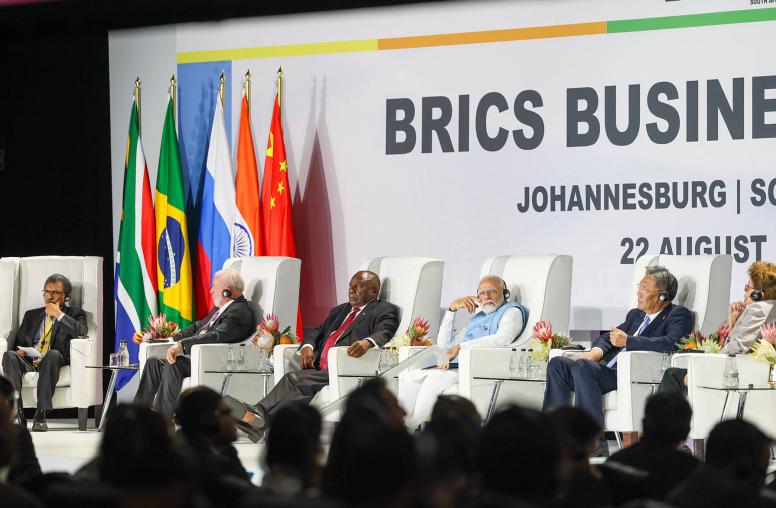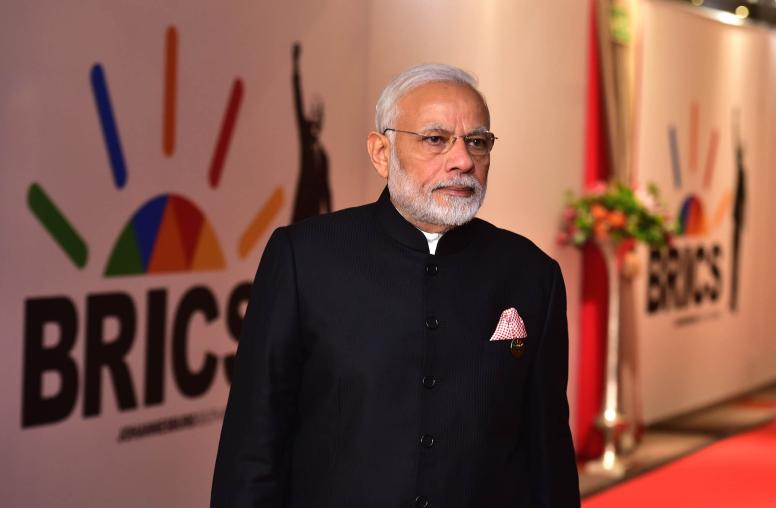A Crucial Link
Local Peace Committees and National Peacebuilding
In places as diverse as South Africa, Northern Ireland, and Nepal, negotiators of national peace plans have for years sanctioned the creation of local peace committees (LPCs) to address community-level sources of grievance and thereby to build peace from the bottom up. In A Crucial Link: Local Peace Committees and National Peacebuilding, longtime practitioner Andries Odendaal engages in the first comparative study of LPCs and asks whether and where the committees have succeeded.
“A convincing case for the centrality of local peace initiatives in securing the sustainability of national peace agreements. Odendaal provides a lucid practitioner’s perspective on the process of local peacebuilding and critically reflects on the interconnections between the local and national peace processes. He combines personal experiences as a peacemaker with a thorough review of comparable international experience to provide both a conceptual mapping of the challenges of local peacebuilding and nuanced assessment of the practical lessons that can be drawn from these varied experiences.”
—Hugo van der Merwe, Centre for the Study of Violence and Reconciliation
“Odendaal draws on his deep experience as well as broad comparative research to identify lessons about when and how local level peace committees contribute to national level peacebuilding. This book is an important resource for practitioners and researchers alike working to improve the effectiveness of peacebuilding.”
—Diana V. Chigas, The Fletcher School, Tufts University
In places as diverse as South Africa, Northern Ireland, and Nepal, negotiators of national peace plans have for years sanctioned the creation of local peace committees (LPCs) to address community-level sources of grievance and thereby to build peace from the bottom up. Peace practitioners working with LPCs around the globe have operated in the hope that such a robust peace infrastructure that facilitates collaboration between all sectors and levels of society, including government, would finally bring lasting peace to societies entrenched in conflict.
Yet LPCs themselves and their contribution to larger peacebuilding efforts have to date been poorly understood and little analyzed. In A Crucial Link: Local Peace Committees and National Peacebuilding, longtime practitioner Andries Odendaal engages in the first comparative study of LPCs and asks where and if the committees have actually succeeded. Odendaal weaves together practical experience, peacebuilding theory, recent cases, and practical guidelines for setting up and supporting the work of these local committees.
Odendaal finds that LPCs can be critical in establishing social cohesion, facilitating dialogue, and preventing violence. Through their unique ability to engage the particular local aspects of conflict not shared throughout a country in conflict, LPCs can foster the success of national agreements, especially when they are formally supported and embedded in a larger peace infrastructure.
In-depth case studies provide keen insights into the successes and potential challenges to implementing LPCs. Explaining the dynamics of LPCs and their relationship to national efforts, Odendaal makes a compelling case for increased use of LPCs across conflicts. Building on two decades of theory on the necessity of society-level approaches to peacebuilding, this volume is a must read for anyone working to promote peace in divided societies.
About the Author
Andries Odendaal is a senior associate at the Centre for Mediation in Africa at the University of Pretoria and an independent conflict transformation specialist. Among his previous positions, he was a Jennings Randolph Senior Fellow at the U.S. Institute of Peace from 2009-10 and a senior trainer and program coordinator at the Centre for Conflict Resolution, University of Cape Town. He was a regional coordinator of the Western Cape Peace Committee in South Africa (1993-94) and has also served on the expert roster of the Bureau for Crisis Prevention and Recovery of the UN Development Programme.



